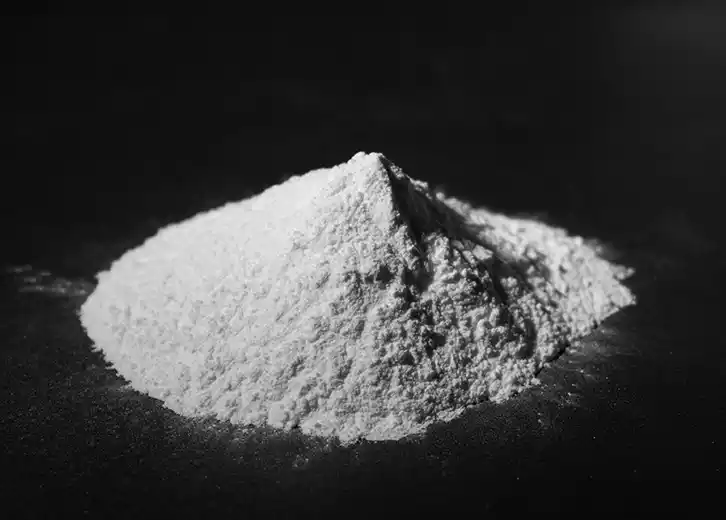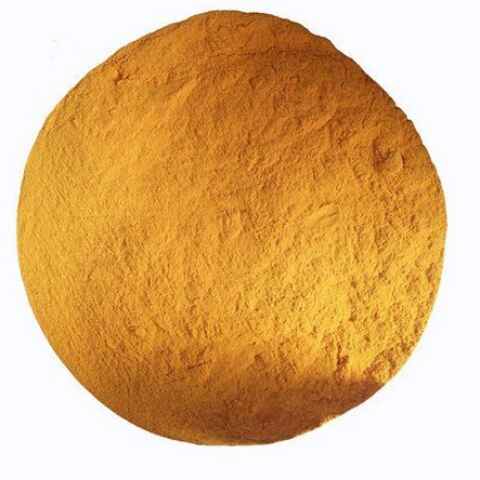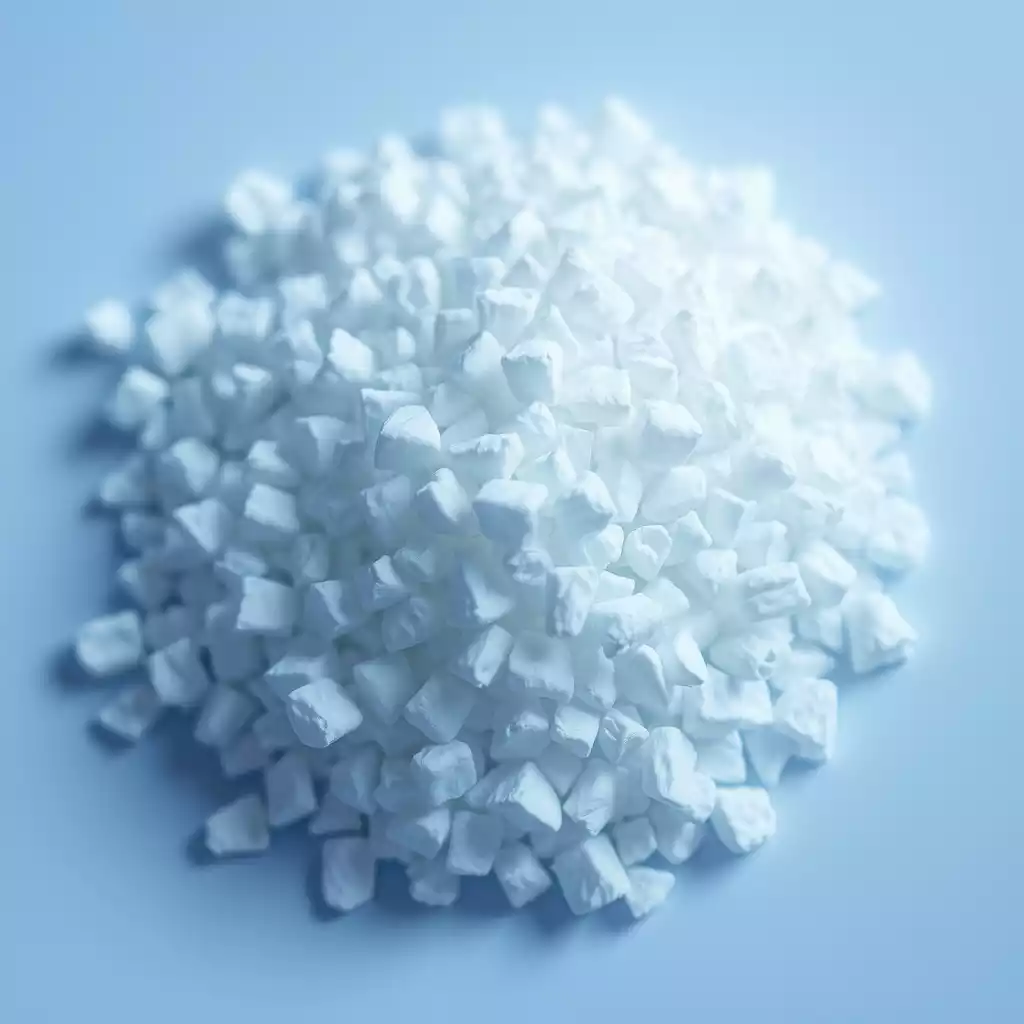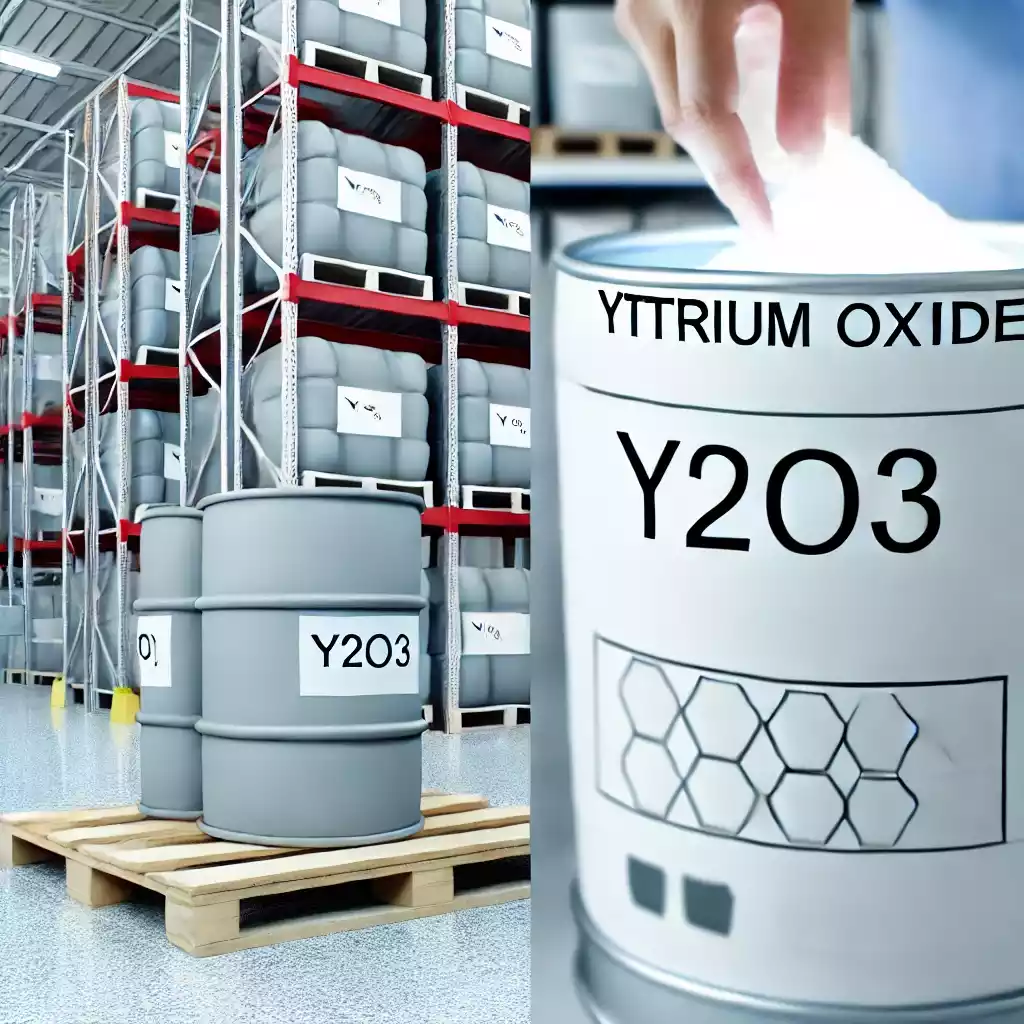![]()
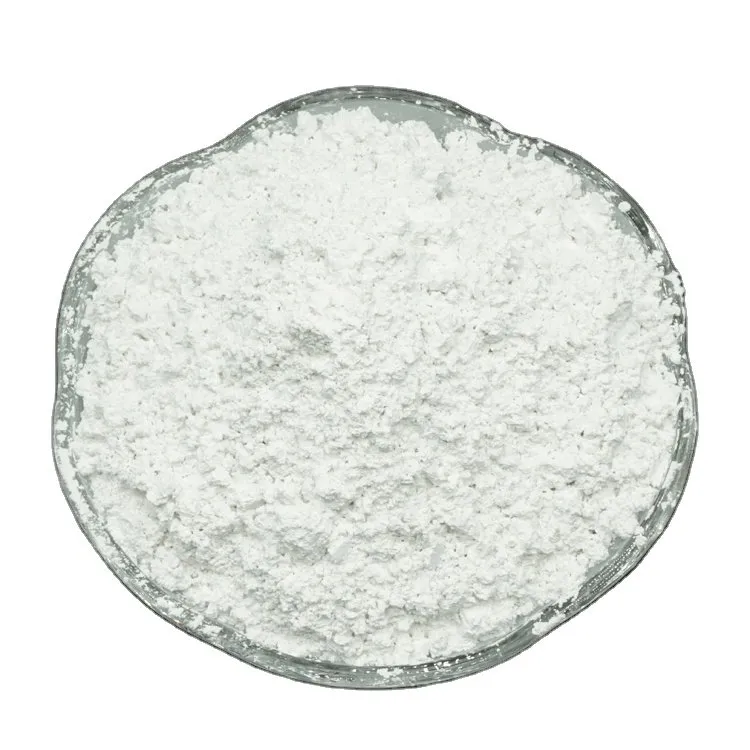
10 Uses of White Fused Alumina
10 Uses of White Fused Alumina: A Comprehensive Guide to Its Versatile Applications
White fused alumina (WFA) is one of the most versatile and widely used industrial materials, with applications spanning across several sectors, including abrasives, refractories, ceramics, and more. Known for its excellent hardness, high purity, and thermal stability, white fused alumina is a key ingredient in products that require high-performance characteristics. In this article, Honrel will explore the 10 uses of white fused alumina, shedding light on its role in various industries and why it is considered an indispensable material for many industrial applications.
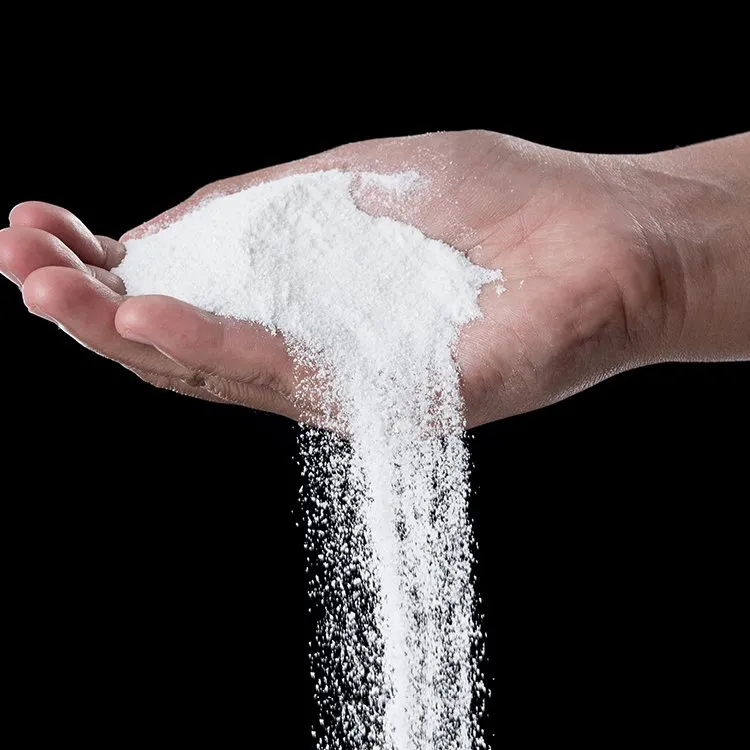
Table of Contents
1. Abrasives: The Backbone of Cutting and Grinding Industries
One of the most common uses of white fused alumina is in the manufacturing of abrasives. Due to its hardness (9 on the Mohs scale), white fused alumina is ideal for use in grinding wheels, sandpapers, polishing compounds, and other abrasive tools. Its sharp, durable grains make it an excellent choice for cutting and polishing hard materials, including metals, ceramics, and glass.
Common Abrasive Products Using White Fused Alumina:
- Grinding wheels
- Polishing compounds
- Sandpapers
- Cutting discs
The high purity of white fused alumina ensures that it delivers a fine finish with minimal wear, making it an ideal material for precision abrasives.
2. Refractory Materials: Ensuring Heat Resistance in High-Temperature Environments
White fused alumina is also extensively used in the production of refractory materials, which are designed to withstand high temperatures. Due to its excellent thermal stability and resistance to chemical corrosion, WFA is a critical component in materials used in furnaces, kilns, and other high-temperature environments.
Applications in Refractories:
- Furnace linings
- Crucibles for molten metals
- Kiln furniture
- High-temperature insulation materials
The combination of high strength and thermal conductivity makes white fused alumina ideal for ensuring that refractory products maintain their structural integrity in extreme conditions.
3. Ceramics: Enhancing Durability and Strength
In the ceramics industry, white fused alumina is used to manufacture advanced ceramic materials, particularly those that require high strength and durability. WFA is often incorporated into the production of ceramic tiles, electrical insulators, and abrasives for ceramics processing.
Ceramic Products Made with White Fused Alumina:
- Ceramic tiles
- Abrasive ceramics
- Electrical insulators
- Ceramic coatings
The exceptional hardness of white fused alumina contributes to the wear resistance of ceramic products, allowing them to perform well in harsh environments.
4. Polishing and Surface Finishing: Achieving a High Gloss Finish
White fused alumina is often used in the polishing and surface finishing of various materials, including metals, plastics, and glass. The fine and consistent particle size of WFA allows for a smooth and uniform surface, making it ideal for creating high-gloss finishes.
Polishing Applications:
- Metal polishing
- Glass polishing
- Plastic finishing
By adding white fused alumina to polishing compounds, manufacturers can achieve a smooth, glossy surface without the risk of scratching or damaging the material being polished.
5. Sandblasting: Efficient Surface Preparation
White fused alumina is commonly used as a blasting media in sandblasting applications. Its hardness and sharp edges make it effective for cleaning, etching, and texturing surfaces. It is especially useful for preparing surfaces before coating or painting, ensuring good adhesion of coatings.
Uses in Sandblasting:
- Cleaning rust and corrosion from metal surfaces
- Surface etching for coating applications
- Surface preparation for painting or coating
White fused alumina’s hardness and uniformity make it an excellent choice for efficient and effective surface preparation.
6. Foundry: Enhancing Metal Casting Quality
In the foundry industry, white fused alumina is used in the production of molds and cores for metal casting. Its high thermal stability and resistance to thermal shock make it ideal for creating durable and long-lasting mold materials.
Applications in Foundry:
- Molds for metal casting
- Core sand for metal casting
- Sand for molding
The exceptional resistance to high temperatures ensures that white fused alumina mold materials can withstand the molten metal’s heat without breaking down, ensuring a high-quality cast.
7. Catalyst Support in Petrochemical Industries
White fused alumina is used as a support material for catalysts in various chemical reactions, particularly in the petrochemical industry. It acts as a stable, high-surface-area support that facilitates the catalytic process in chemical reactors.
Applications in Catalysts:
- Catalysts for refining processes
- Support material for chemical reactions
- Petrochemical manufacturing
The high purity and surface area of white fused alumina ensure that it can support catalysts effectively without introducing unwanted impurities into the chemical reactions.
8. Abrasive Blasting for Glass and Stone Etching
For decorative and functional etching on glass, stone, and other surfaces, white fused alumina is a go-to material. Its fine particle size and hardness make it ideal for creating detailed etching patterns without damaging the base material.
Etching Applications:
- Glass etching
- Stone etching
- Decorative surface treatments
White fused alumina offers precise control and excellent results for fine etching, making it an ideal choice for artists and manufacturers alike.
9. Anti-Slip and Traction Applications
White fused alumina is often used in anti-slip coatings and traction applications, especially in environments where safety is a concern. Its hard, angular particles create a rough surface that provides superior grip, making it ideal for use in coatings for walkways, ramps, and floors.
Anti-Slip and Traction Uses:
- Coatings for walkways and ramps
- Safety coatings for industrial floors
- Traction aids for vehicles and machinery
The superior hardness and durability of white fused alumina ensure that anti-slip surfaces retain their effectiveness even under heavy wear.
10. Specialty Applications in Electronics and Electrical Engineering
White fused alumina is used in specialty applications such as electrical insulation and other components in electronics. Its insulating properties and high temperature resistance make it a valuable material for electrical components that need to withstand extreme conditions.
Electronics and Electrical Uses:
- Electrical insulators
- Heat-resistant electrical components
- Electronic packaging materials
The high purity and stability of white fused alumina make it an ideal choice for advanced electronics and electrical applications, where performance and reliability are paramount.
Conclusion: The Versatility of White Fused Alumina
As we’ve explored, white fused alumina is an incredibly versatile material with numerous applications across a variety of industries. From abrasives to refractories, from sandblasting to catalyst supports, WFA plays a crucial role in many high-performance products. Its unique properties, including hardness, thermal stability, chemical resistance, and high purity, make it an indispensable material for a wide range of industrial applications.
By sourcing high-quality white fused alumina, companies can enhance the performance, durability, and efficiency of their products. To learn more about how white fused alumina can be integrated into your processes, visit Honrel Abrasive Materials section.
FAQs: 10 Uses of White Fused Alumina
- What are the key properties of white fused alumina?
- White fused alumina is known for its high hardness, purity, thermal stability, and chemical resistance.
- Is white fused alumina used in abrasives?
- Yes, it is widely used in abrasives for grinding, polishing, and cutting tools due to its hardness.
- How is white fused alumina used in refractories?
- It is used in refractory materials like furnace linings and kiln furniture due to its ability to withstand high temperatures.
- Can white fused alumina be used for metal casting?
- Yes, it is used in foundry applications for molds and cores due to its heat resistance and durability.
- What makes white fused alumina suitable for sandblasting?
- Its sharp edges and hardness make it effective in cleaning and preparing surfaces through sandblasting.
- Is white fused alumina used in ceramics?
- Yes, it is used in the production of durable ceramic materials, including tiles and insulators.
- How is white fused alumina used in polishing?
- It is added to polishing compounds for creating high-gloss finishes on metal, glass, and plastic surfaces.
- What are the environmental benefits of white fused alumina?
- White fused alumina is recyclable, and its use in various applications reduces the need for other more harmful materials.

